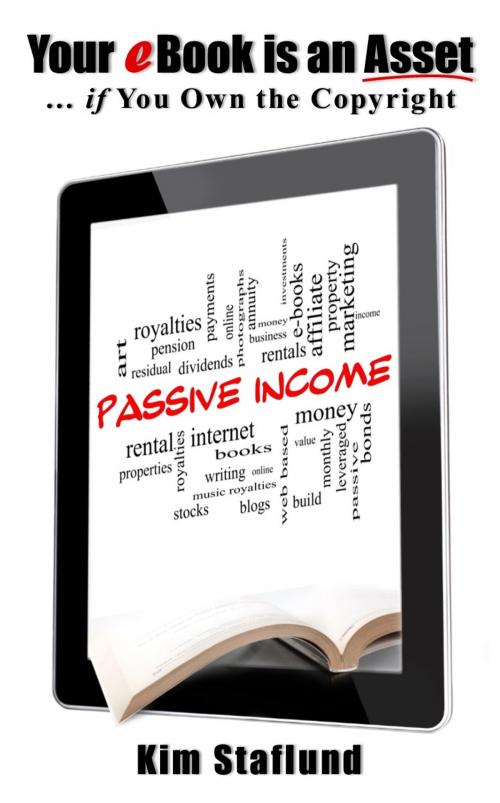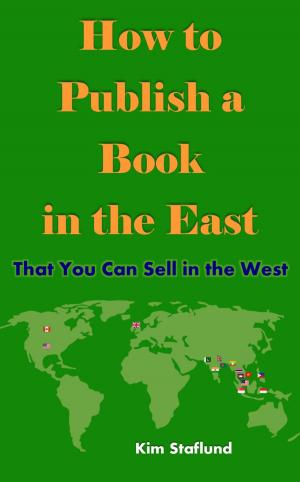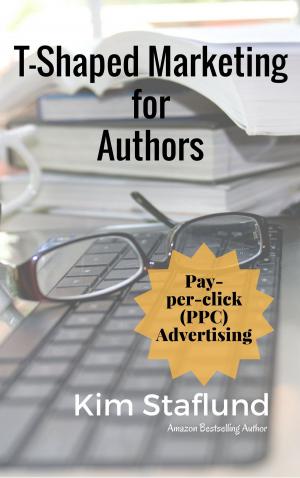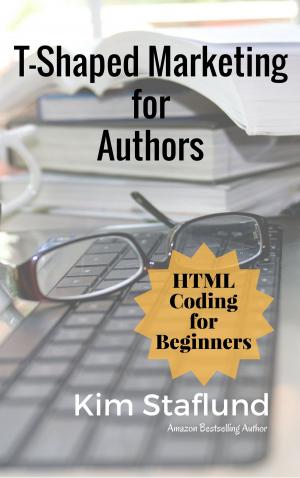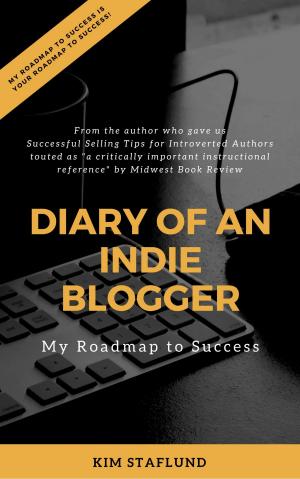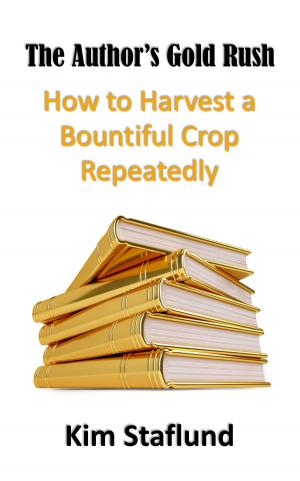Your Ebook is an Asset … if You Own the Copyright
Nonfiction, Reference & Language, Law, Intellectual Property, Business & Finance, Business Reference, Business Writing, Finance & Investing| Author: | Kim Staflund | ISBN: | 1230002187167 |
| Publisher: | Polished Publishing Group (PPG) | Publication: | March 1, 2018 |
| Imprint: | Language: | English |
| Author: | Kim Staflund |
| ISBN: | 1230002187167 |
| Publisher: | Polished Publishing Group (PPG) |
| Publication: | March 1, 2018 |
| Imprint: | |
| Language: | English |
According to renowned American businessman and investor, Robert Kiyosaki, an “Asset can be anything as long as it has value, produces income or appreciates, and has a ready market. Assets put money IN your pocket.” Before Kiyosaki’s popular Rich Dad Poor Dad book was published, many of us viewed our homes as our own assets. But we now realize that, so long as we’re paying a mortgage on it, our home is actually the bank’s asset. It is producing a regular source of cash flow for the bank, but not for us.
This same concept applies when it comes to your book—depending on the format of book you choose to produce and which publishing model you choose to publish it through. I used to believe that all books were assets for their respective copyright owners, but I’ve since changed my tune. Digital ebooks and audiobooks have the potential to be lucrative assets, as do print-on-demand (POD) paperbacks and hardcovers. Mass-printed paperbacks and hardcovers, on the other hand, are straight-up liabilities due to the outdated economic practices still employed by the traditional players in our book supply chain. This long-established system repeatedly bleeds money from the pockets of publishers and authors alike which is why so many are now choosing to publish their titles in ebook format alone. It just makes better fiscal sense, as we’ll discuss in this mini ebook.
Ebooks, in particular, can be highly profitable digital assets for both fiction and non-fiction authors, online marketers, and business professionals in general. Think about it from a strictly business perspective for a moment; you’ll quickly see that an ebook is a portable business card that can be delivered instantaneously, anywhere in the world, for free or for sale, via email, blog, website, or ecommerce site. An ebook can be read in the comfort of one’s home or office, during a commute by train or airplane, or even when standing and waiting in line. Ebooks are easily searchable documents that can be hyperlinked to other relevant information sources (e.g., company webpages, blogs), providing even more value to the reader. Ebooks are updateable which is especially helpful to those who wish to keep their information relevant and stay on top of the dynamic Internet. With a digital asset like an ebook, you don’t have to pay storage or maintenance fees of any kind. Best of all, there are hundreds of thousands of affiliate marketers out there who are more than happy to help others promote and sell their digital assets all over the world. Pretty much every major ecommerce site has its own affiliate program now, and this is like having a massive sales team at your disposal without having to pay anyone an upfront salary.
Still not convinced that an ebook is an asset? Well, there is a form of online book sales and marketing known as “rapid release” publishing that many of today’s most successful independent authors are using to sell literally thousands of ebooks every year. Ask them and they’ll assure you an ebook is indeed an asset, and a highly fruitful asset at that.
According to renowned American businessman and investor, Robert Kiyosaki, an “Asset can be anything as long as it has value, produces income or appreciates, and has a ready market. Assets put money IN your pocket.” Before Kiyosaki’s popular Rich Dad Poor Dad book was published, many of us viewed our homes as our own assets. But we now realize that, so long as we’re paying a mortgage on it, our home is actually the bank’s asset. It is producing a regular source of cash flow for the bank, but not for us.
This same concept applies when it comes to your book—depending on the format of book you choose to produce and which publishing model you choose to publish it through. I used to believe that all books were assets for their respective copyright owners, but I’ve since changed my tune. Digital ebooks and audiobooks have the potential to be lucrative assets, as do print-on-demand (POD) paperbacks and hardcovers. Mass-printed paperbacks and hardcovers, on the other hand, are straight-up liabilities due to the outdated economic practices still employed by the traditional players in our book supply chain. This long-established system repeatedly bleeds money from the pockets of publishers and authors alike which is why so many are now choosing to publish their titles in ebook format alone. It just makes better fiscal sense, as we’ll discuss in this mini ebook.
Ebooks, in particular, can be highly profitable digital assets for both fiction and non-fiction authors, online marketers, and business professionals in general. Think about it from a strictly business perspective for a moment; you’ll quickly see that an ebook is a portable business card that can be delivered instantaneously, anywhere in the world, for free or for sale, via email, blog, website, or ecommerce site. An ebook can be read in the comfort of one’s home or office, during a commute by train or airplane, or even when standing and waiting in line. Ebooks are easily searchable documents that can be hyperlinked to other relevant information sources (e.g., company webpages, blogs), providing even more value to the reader. Ebooks are updateable which is especially helpful to those who wish to keep their information relevant and stay on top of the dynamic Internet. With a digital asset like an ebook, you don’t have to pay storage or maintenance fees of any kind. Best of all, there are hundreds of thousands of affiliate marketers out there who are more than happy to help others promote and sell their digital assets all over the world. Pretty much every major ecommerce site has its own affiliate program now, and this is like having a massive sales team at your disposal without having to pay anyone an upfront salary.
Still not convinced that an ebook is an asset? Well, there is a form of online book sales and marketing known as “rapid release” publishing that many of today’s most successful independent authors are using to sell literally thousands of ebooks every year. Ask them and they’ll assure you an ebook is indeed an asset, and a highly fruitful asset at that.
